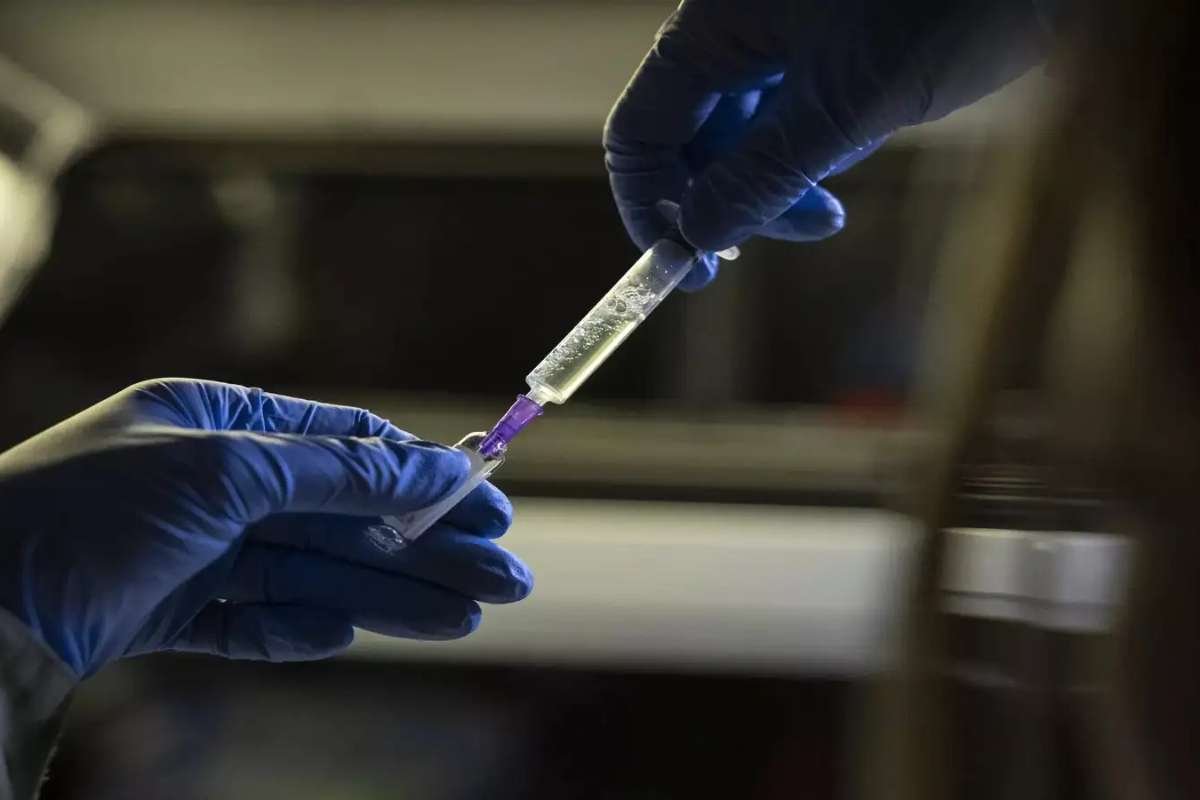Key Points:
- The shingles vaccine may lower heart attack and stroke risk (16–18% effectiveness).
- Potential public health and industry impact if benefits are confirmed.
- More clinical trials are needed to prove direct cardiovascular protection.
A new global review suggests that the shingles vaccine may offer unexpected cardiovascular benefits, with findings showing a reduced risk of both heart attack and stroke among vaccinated adults. The research, presented at the 2025 European Society of Cardiology Congress, analyzed multiple studies and highlighted a consistent association between shingles vaccination and lower rates of serious cardiovascular events.
The systematic literature review and meta-analysis included 19 studies, of which nine were eligible for final analysis: eight observational studies and one randomized controlled trial. Across all studies, roughly 53% of participants were men. Results showed that individuals who received the Shingles Vaccine were less likely to experience heart attacks or strokes compared with those who were not vaccinated.
In adults aged 18 to 49, the vaccine demonstrated an estimated 18% effectiveness in preventing cardiovascular events. Among those 50 and older, the effectiveness was 16%. Researchers emphasized that while these percentages may seem modest, the impact could be significant on a population scale, given the widespread prevalence of cardiovascular disease.
Absolute Risk Reduction Holds Industry Promise
When measured in absolute terms, vaccinated adults experienced 1.2 to 2.2 fewer cardiovascular events per 1,000 person-years compared with non-vaccinated adults. This difference, though numerically small, represents a meaningful reduction in risk for conditions that are among the leading global causes of death.
The implications of these findings may extend beyond healthcare outcomes. If further research confirms a causal relationship, demand for shingles vaccines could grow not only among populations vulnerable to shingles but also among individuals seeking added protection against cardiovascular disease. Such a trend could influence production planning, pricing strategies, and long-term investment in vaccine development.
For pharmaceutical companies and healthcare providers, the potential dual benefit of shingles vaccination may strengthen arguments for broader immunization campaigns. Insurance companies and healthcare systems could also see cost-saving opportunities if vaccination reduces hospitalization rates linked to heart attacks and strokes.
Further Research Needed to Confirm Causality
Despite the encouraging results, experts caution that most studies included in the analysis were observational and therefore cannot establish causation. Researchers stress the importance of additional controlled clinical trials to confirm whether the observed cardiovascular benefits result directly from the Shingles Vaccine or from other factors.
Still, the possibility of linking a common vaccine to reduced cardiovascular risk could represent a major shift in how both the pharmaceutical industry and healthcare providers view the role of immunization. With heart disease and stroke among the leading causes of death worldwide, even modest reductions in risk could have far-reaching public health and economic effects.
For now, the shingles vaccine remains primarily recommended for preventing herpes zoster and its complications, such as painful rashes and postherpetic neuralgia. But if ongoing studies validate the cardiovascular connection, the vaccine may soon be considered a critical tool not only in infectious disease prevention but also in cardiovascular risk management.







